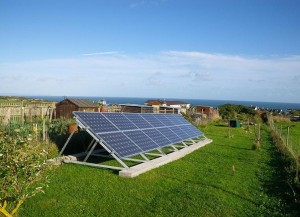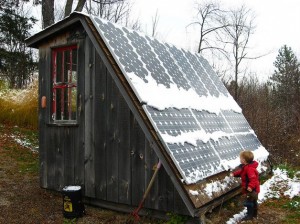
Using CrowdFlower to Microtask Disaster Response
Cross-posted from CrowdFlower blog
A devastating earthquake struck Port-au-Prince on January 12, 2010. Two weeks later, on January 27th, a CrowdFlower was used to translate text messages from Haitian Creole to English. Tens of thousands of messages were sent by affected Haitians over the course of several months. All of these were heroically translated by hundreds of dedicated Creole-speaking volunteers based in dozens of countries across the globe. While Ushahidi took the lead by developing the initial translation platform used just days after the earthquake, the translation efforts were eventually rerouted to CrowdFlower. Why? Three simple reasons:
- CrowdFlower is one of the leading and most highly robust micro-tasking platforms there is;
- CrowdFlower’s leadership is highly committed to supporting digital humanitarian response efforts;
- Haitians in Haiti could now be paid for their translation work.








